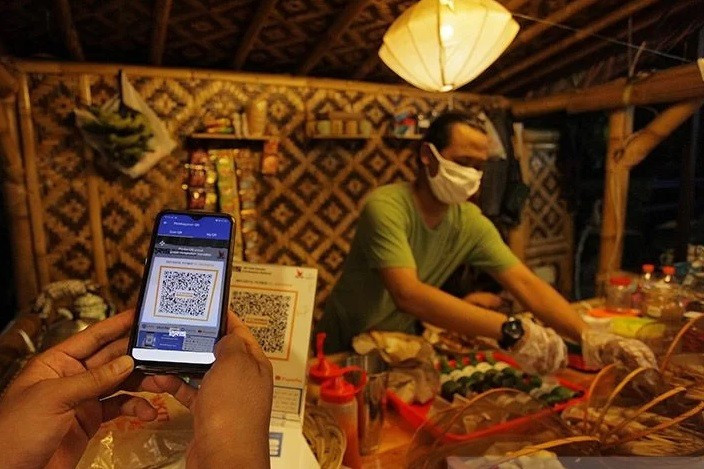Popular Reads
Top Results
Can't find what you're looking for?
View all search resultsPopular Reads
Top Results
Can't find what you're looking for?
View all search resultsFiscal sandbox and community transfers: A new path amid the regional transfer cut
Following the furor over the recent cut to the regional transfers scheme, the government could turn crisis into opportunity by trialing its fiscal decentralization move as a managed, monitored and measurable policy lab.
Change text size
Gift Premium Articles
to Anyone
T
he government's decision to slash regional transfers (TKD) in the 2026 draft state budget from Rp 919 trillion (US$56 billion) to Rp 693 trillion surprised many. Despite restoring Rp 43 trillion later after protests from regional heads, the nearly one-quarter reduction remains a significant challenge.
For regions with low locally generated revenue (PAD), TKD is not merely supplementary funding but the fiscal lifeblood of the system. It finances civil servant salaries, teacher allowances, health care and basic infrastructure development. Therefore, drastic reductions without a transition period undermine the foundation of regional autonomy.
The government's rationale is fiscal efficiency and curbing the accumulation of idle funds in regional coffers: Although TKD disbursements reached Rp 644.9 trillion by September 2025, the unspent balance in regions’ general accounts stood at Rp 233.1 trillion.
The data confirms that some regions struggle with timely budget execution. Nevertheless, addressing this inefficiency with a drastic cut is misguided, a solution akin to amputating a limb because the shoe is too tight.
Richard Bird and Christine Wallich, in “Fiscal decentralization and intergovernmental relations: toward a systematic framework of analysis” (World Bank, 1993), emphasize that decentralization is only effective if regional administrations’ capacity and resources are sufficiently strong. Otherwise, autonomy becomes a burden.
Indonesia is currently transitioning toward fiscal independence, and this sudden policy of cuts is a premature test.
Regional administrations’ reliance on transfers from the central government is too profound to withstand immediate cessation. Data from the Regional Autonomy Watch (KPPOD) show that approximately 70 percent of 514 regencies and municipalities still rely on central government transfers to pay civil servants, maintain public services and complete planned development projects.



















